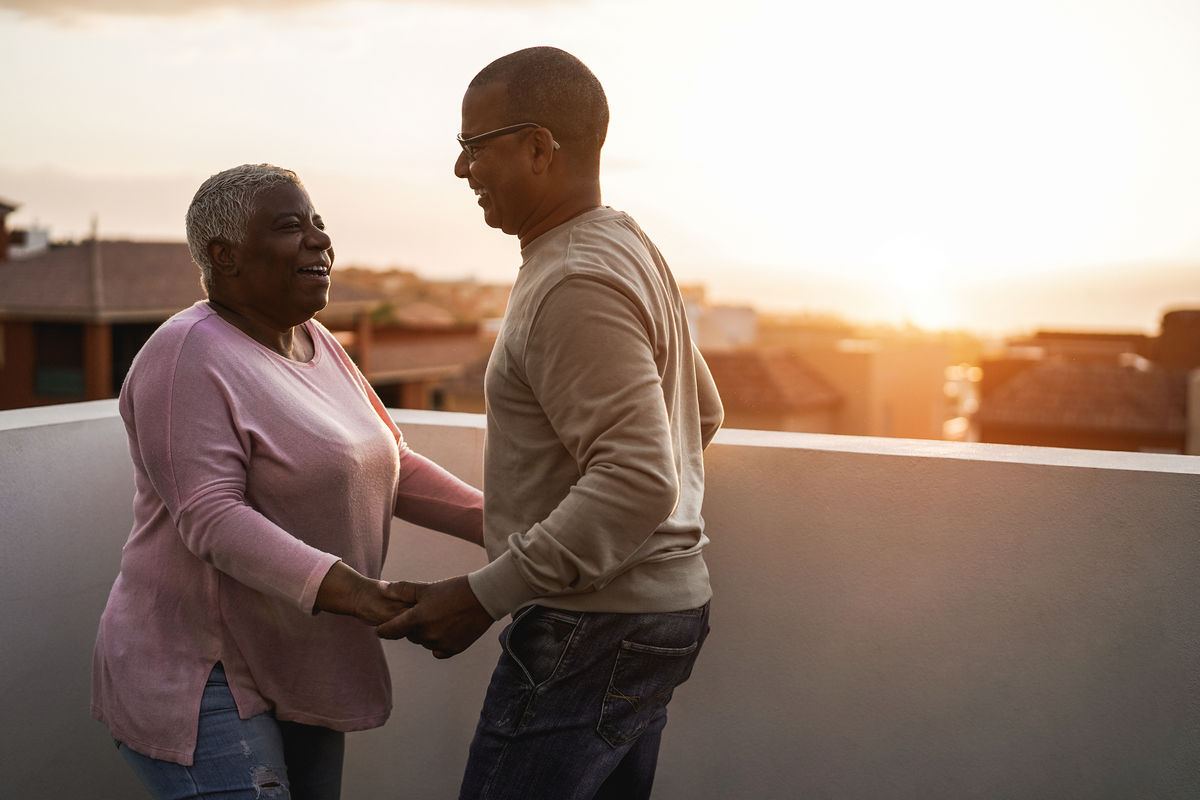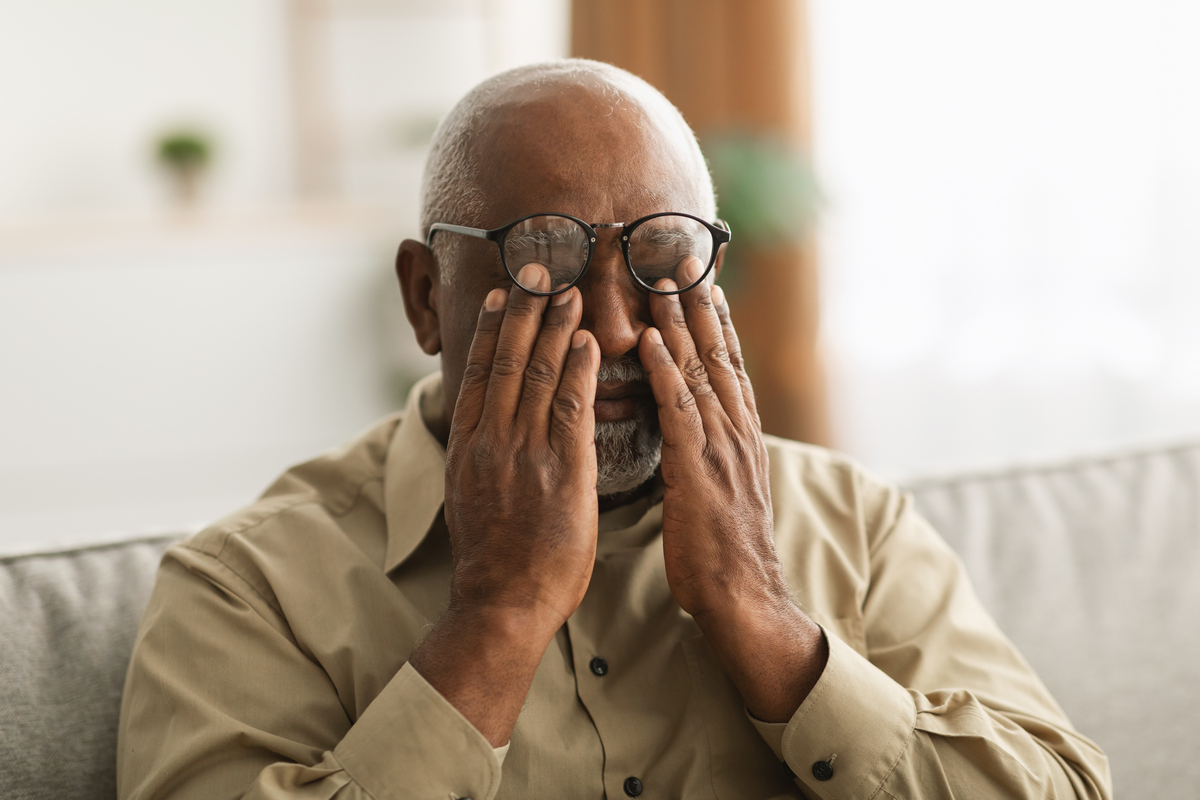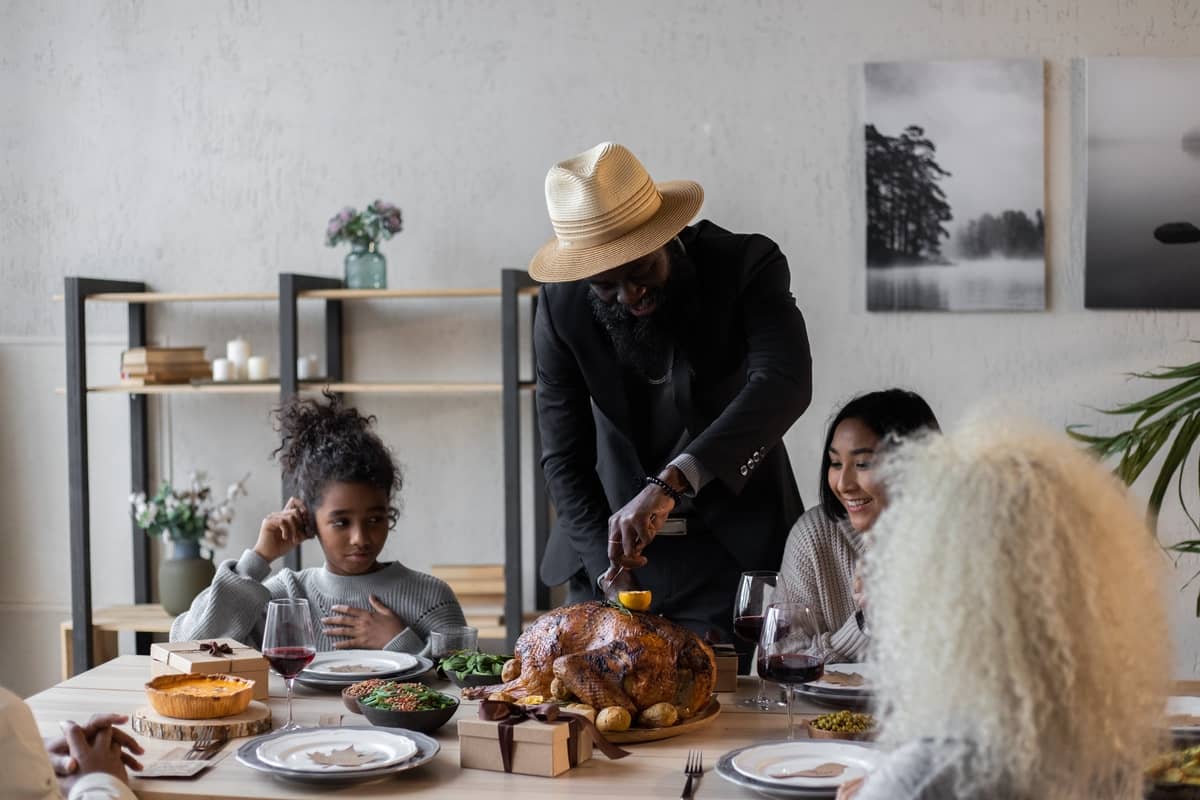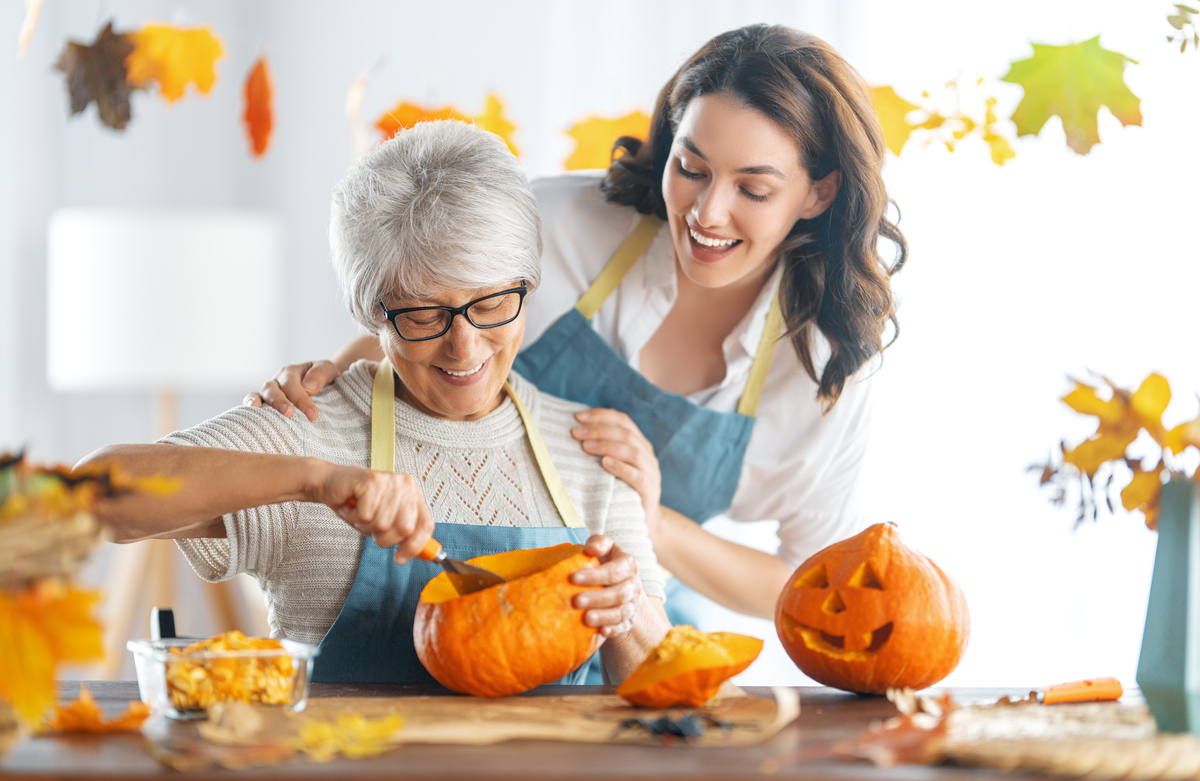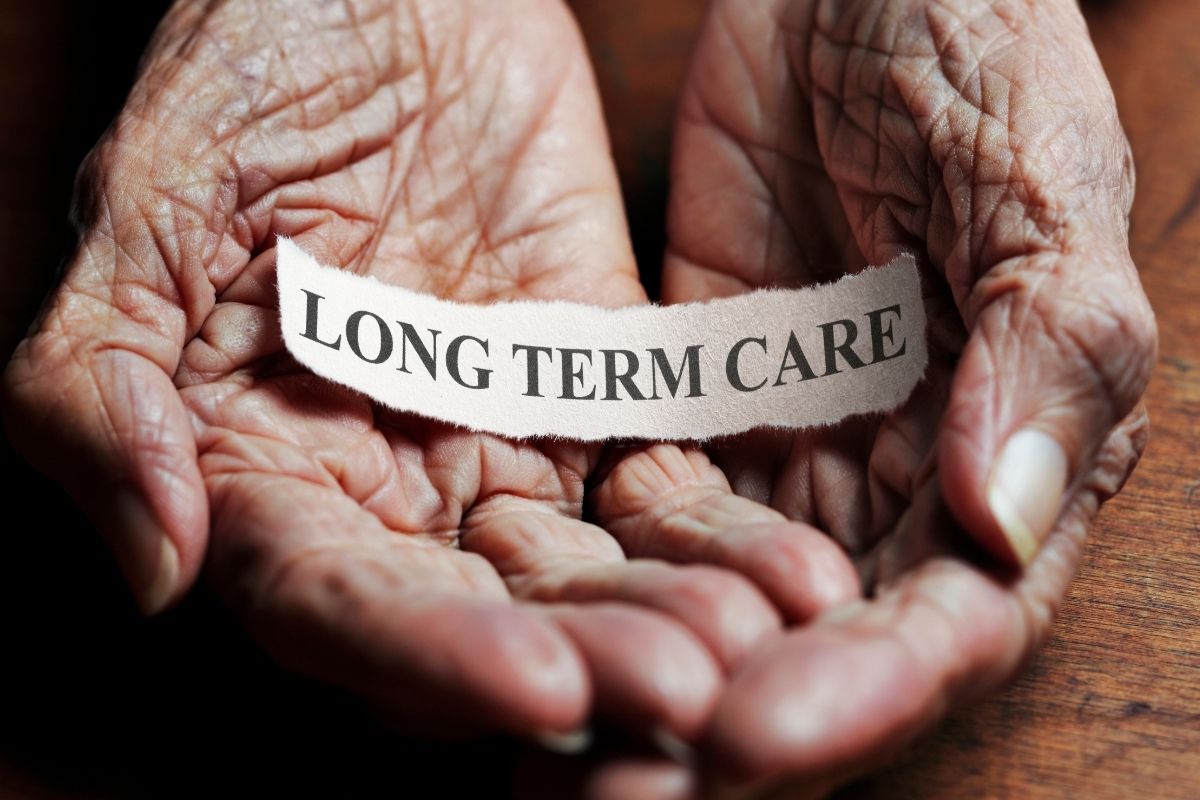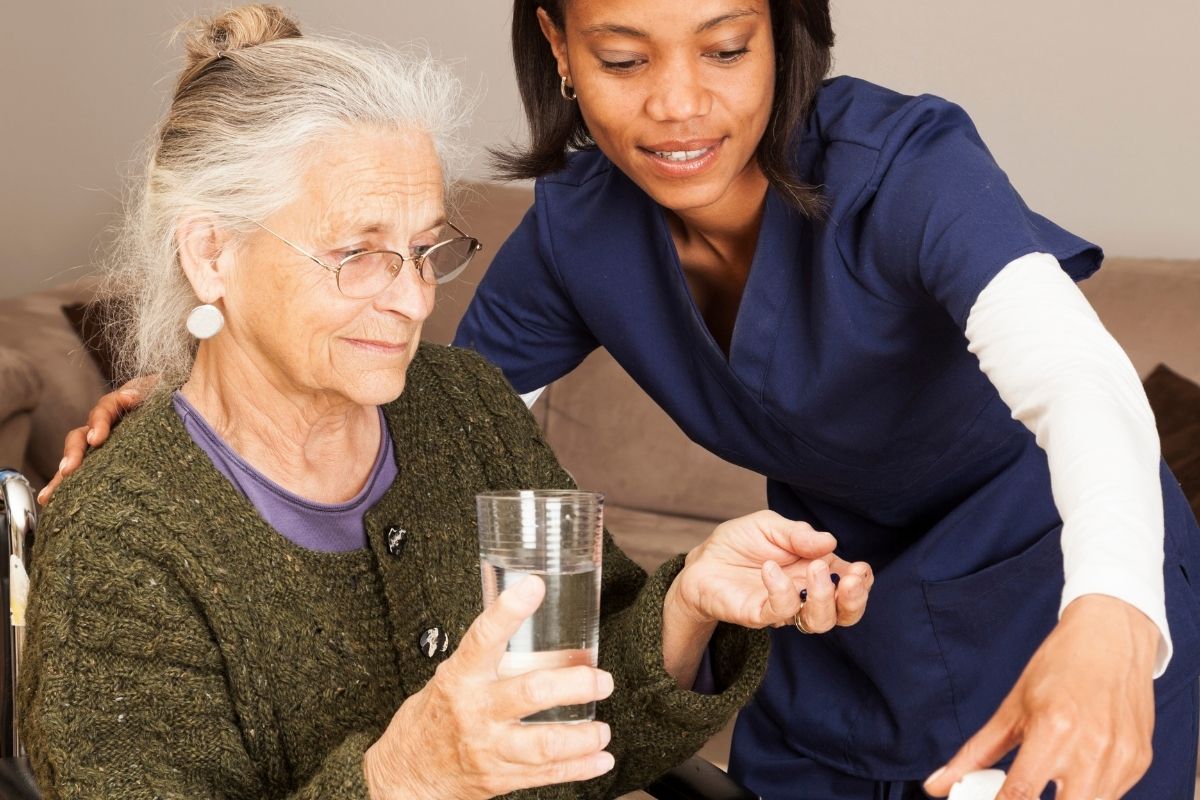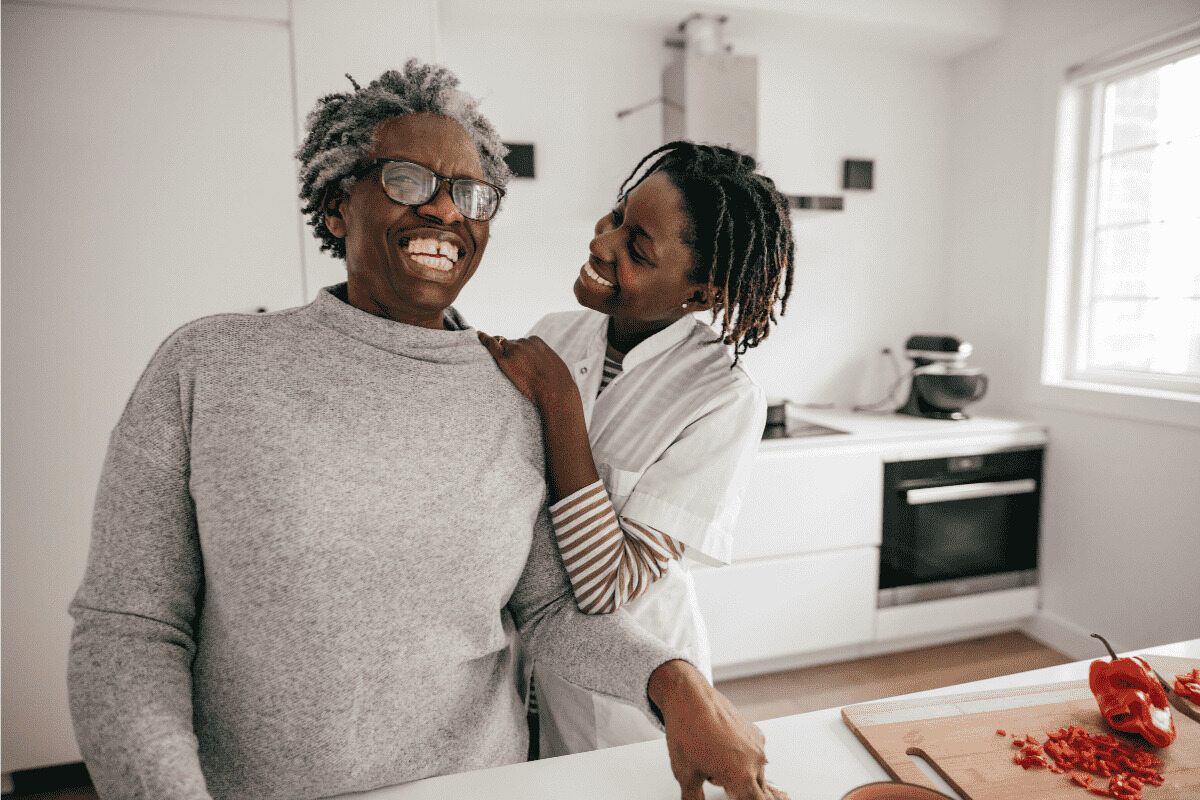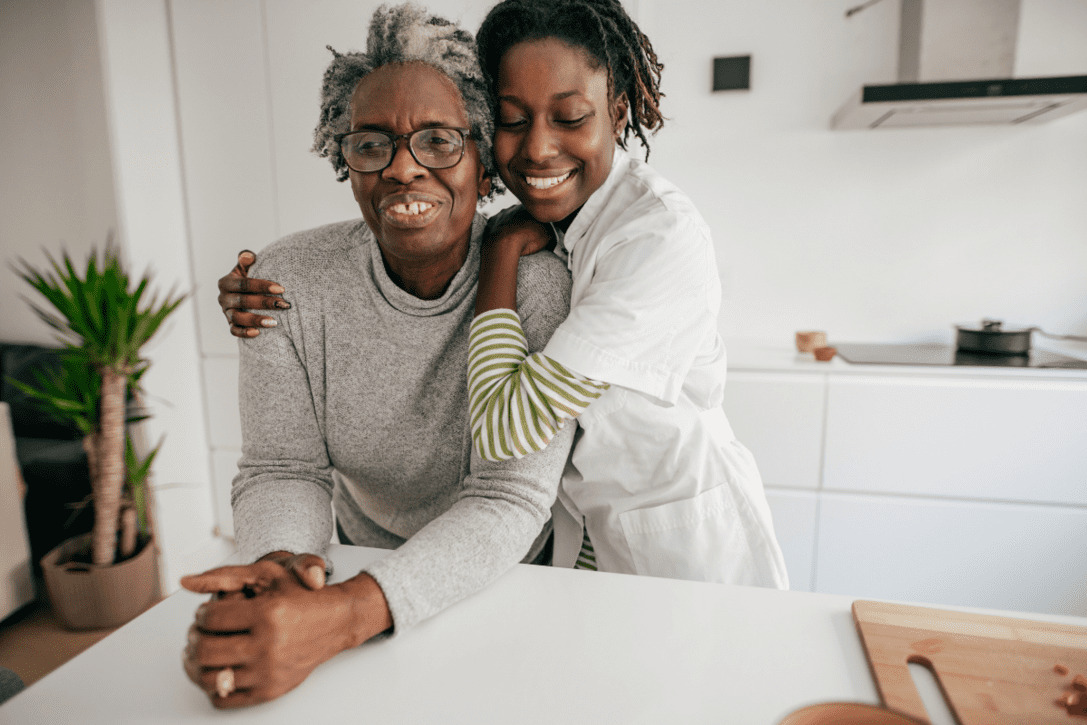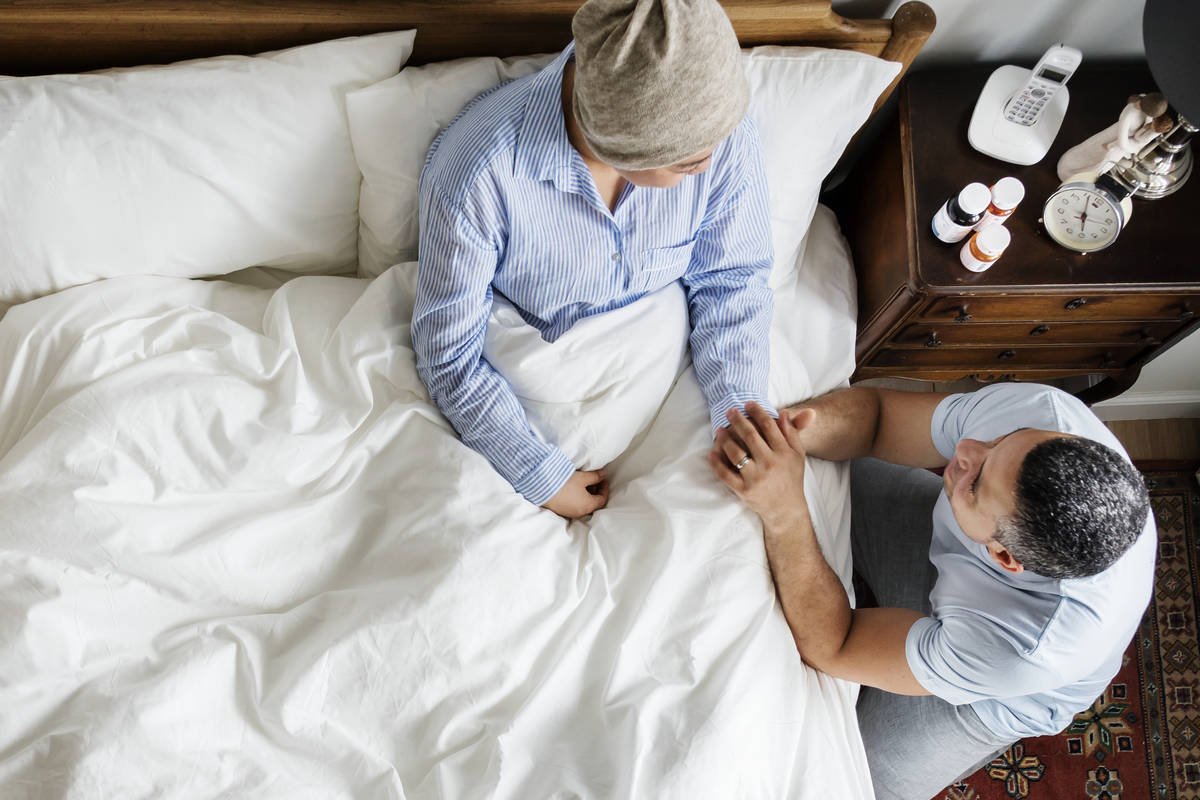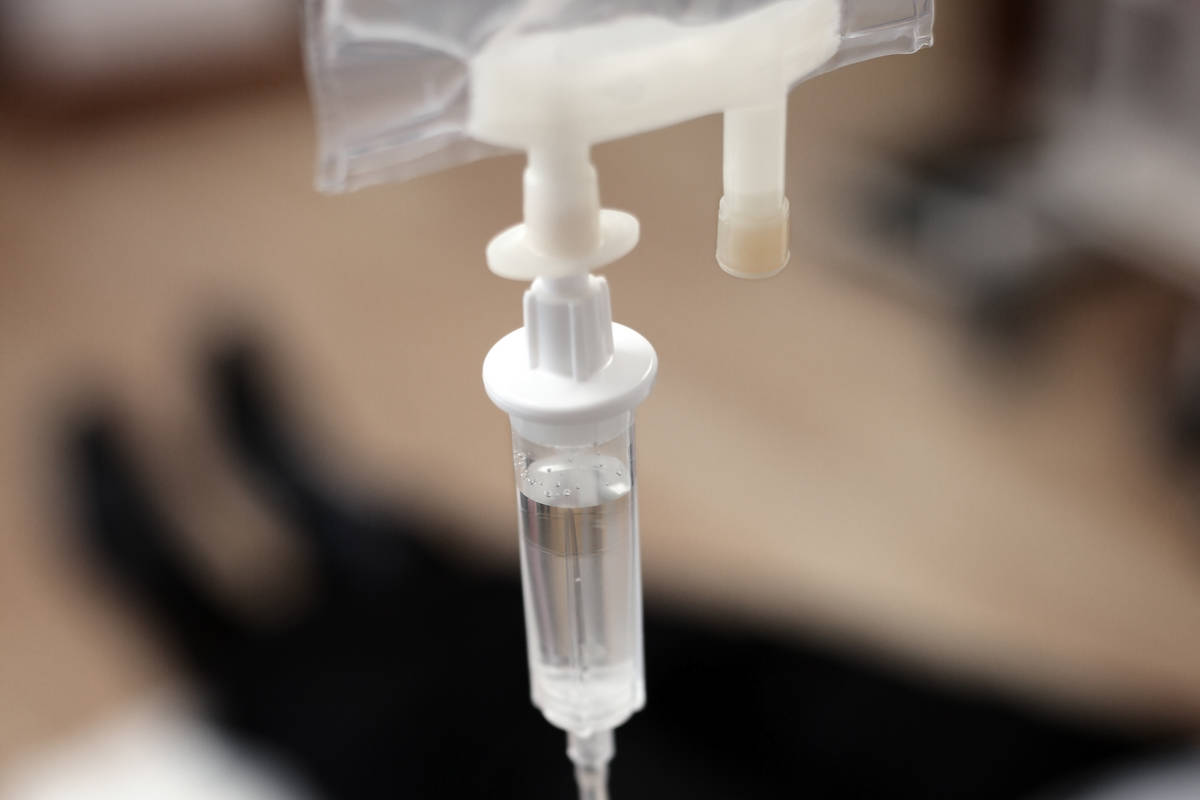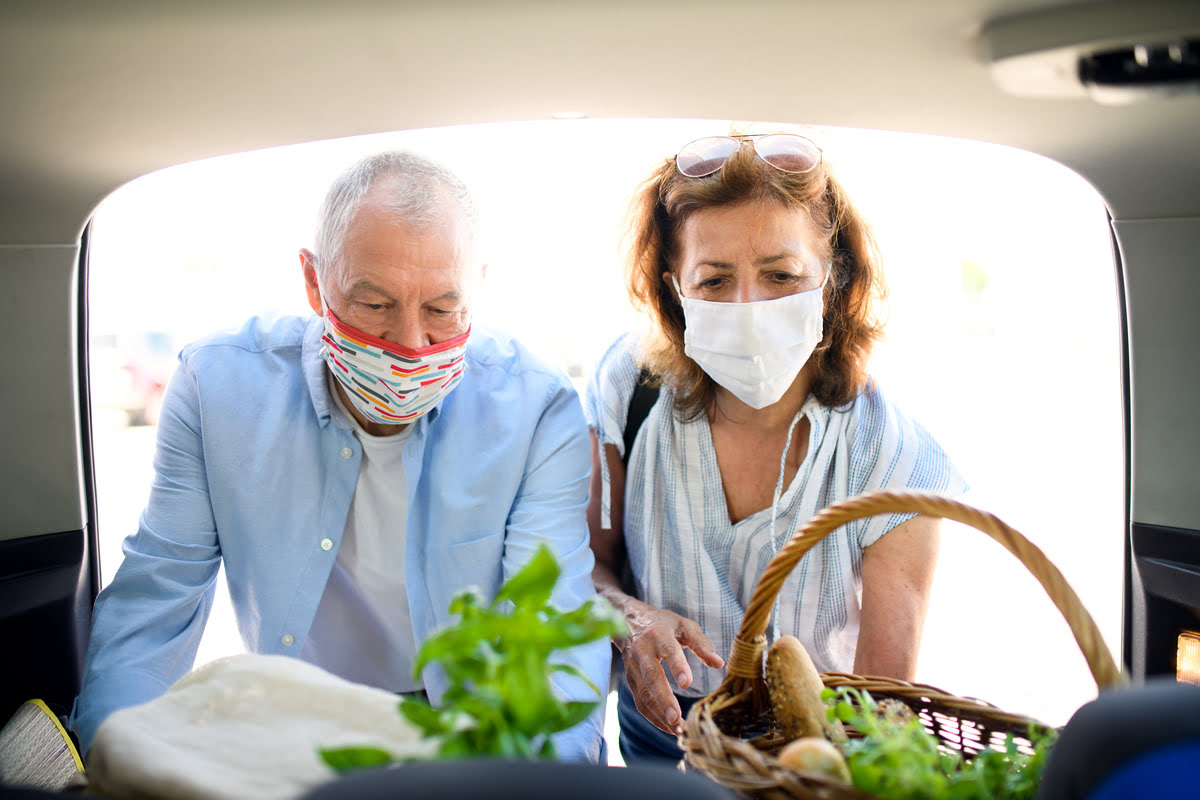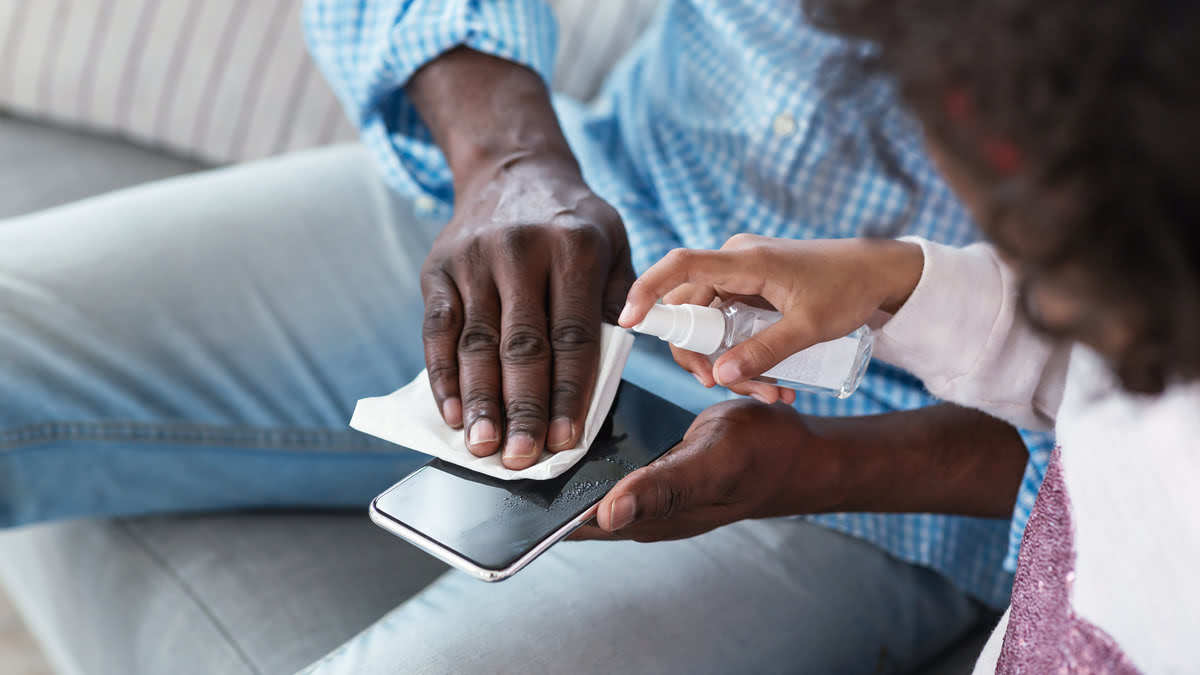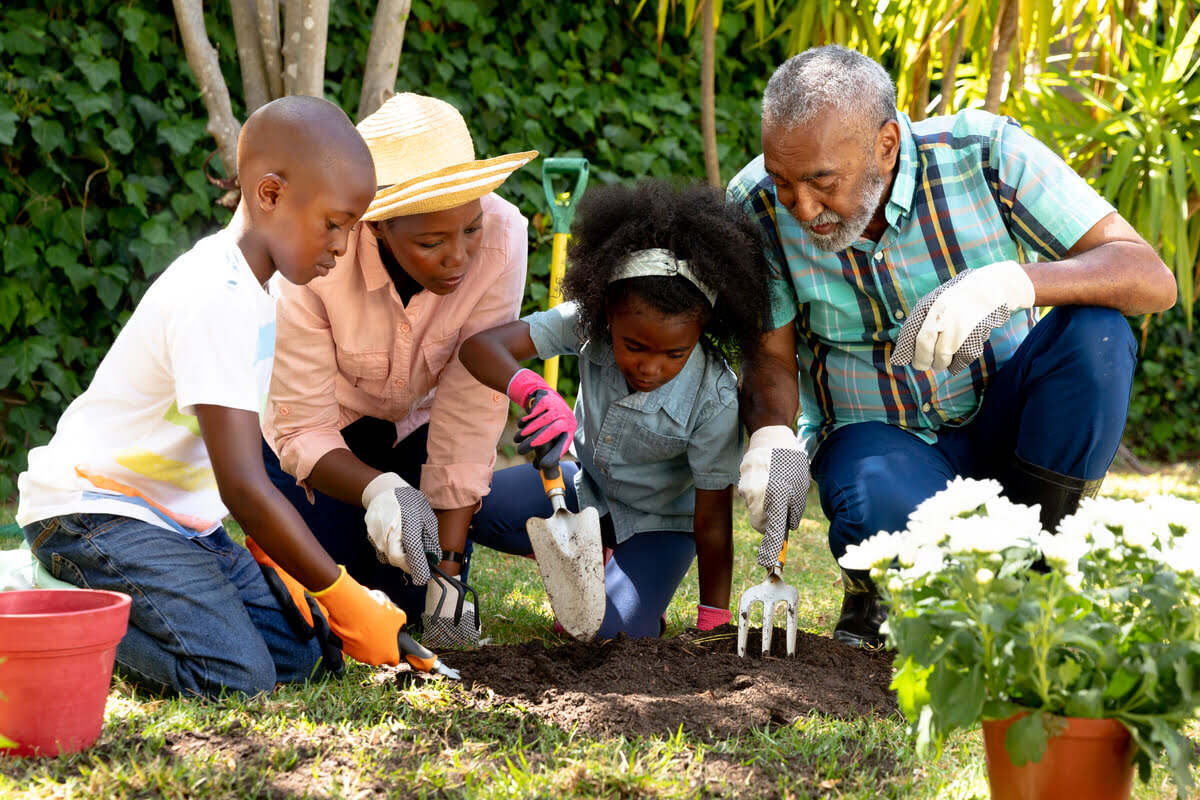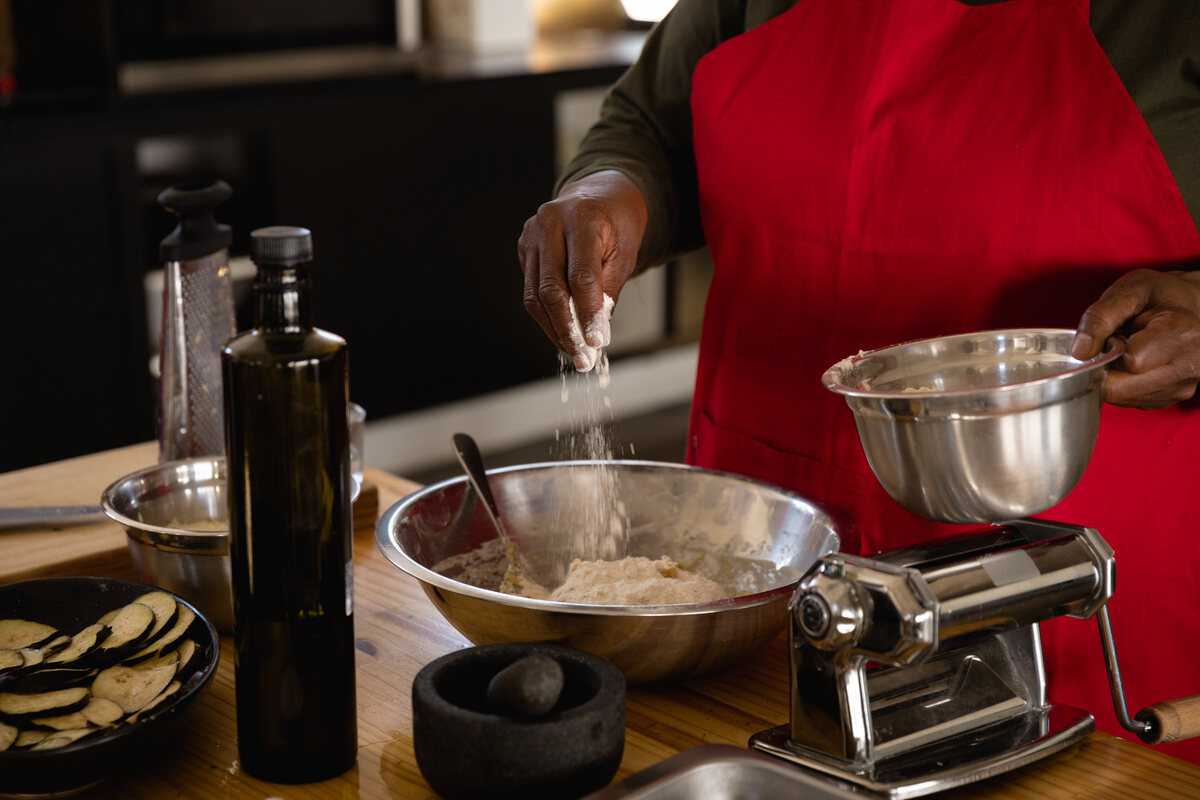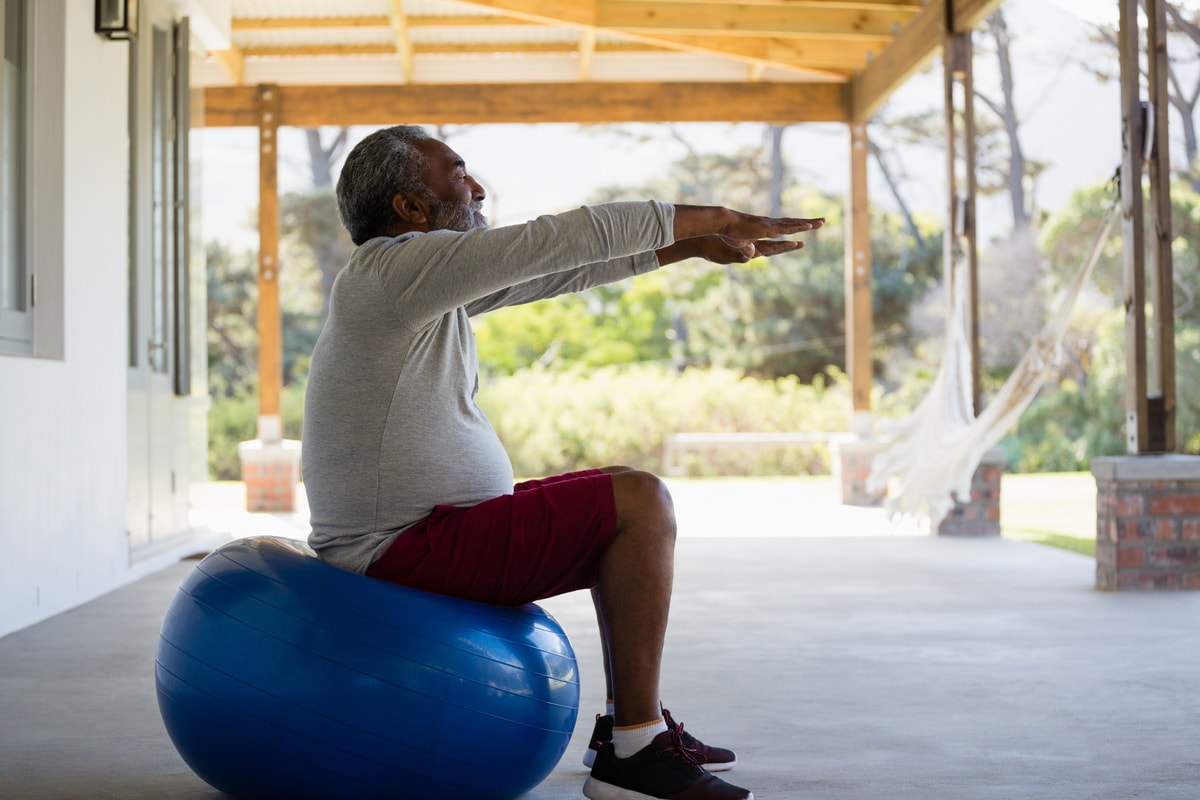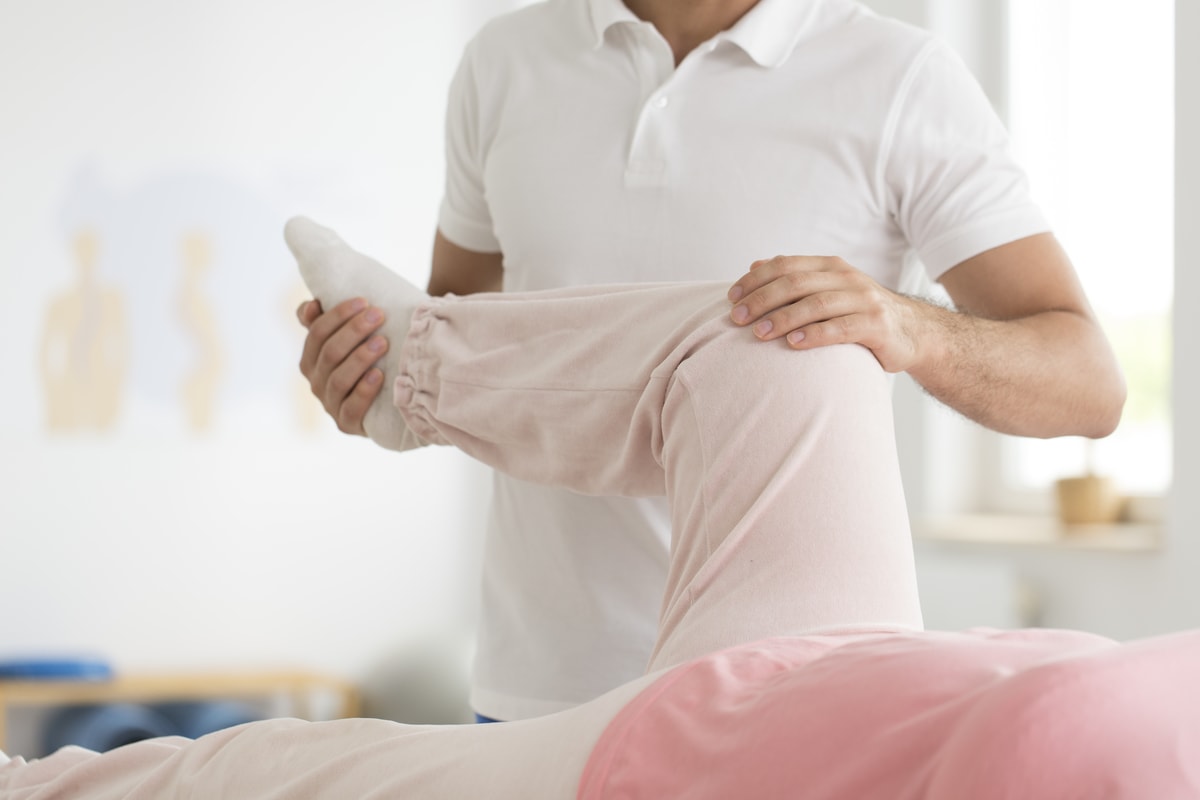Your parent, grandparent, aunt, or uncle in Philadelphia might be in need of home care assistance yet too proud to ask for help. You can do your part to ensure your loved one lives with dignity by keeping an eye out for the common signs seniors display when in need of care. If you notice any of the signs detailed below, do not hesitate to ask for assistance from our Philadelphia and Allentown home care providers.
Alterations in Physical Appearance
Be particularly mindful of your loved one’s personal aesthetic. Even a slightly diminished personal appearance is an indication of a senior in need of assistance. Significant weight loss or weight gain is also a sign that his or her nutritional intake should be addressed with the assistance of a meal preparation assistant.
Furthermore, if you spot bruising and the senior refuses to explain how those bruises occurred or cannot remember how they occurred, it is an indication that he or she suffered a fall. If your parent or other loved one has an odor, it is a sign that he/she failed to bathe properly and should be provided with home care that helps with mobility, bathing and personal grooming.
Mobility Limitations
A senior who fears the challenge of getting in/out of the shower or bathtub or a senior who does not want to get out of bed due to pain when moving, is in desperate need of a home healthcare assistant. The installation of grab bars along with a shower seat will certainly help yet it will not be enough in and of itself. A home care specialist who provides ongoing care and mobility assistance will help your loved one make the transition from bed to the bathroom, into the living room and possibly even outside.
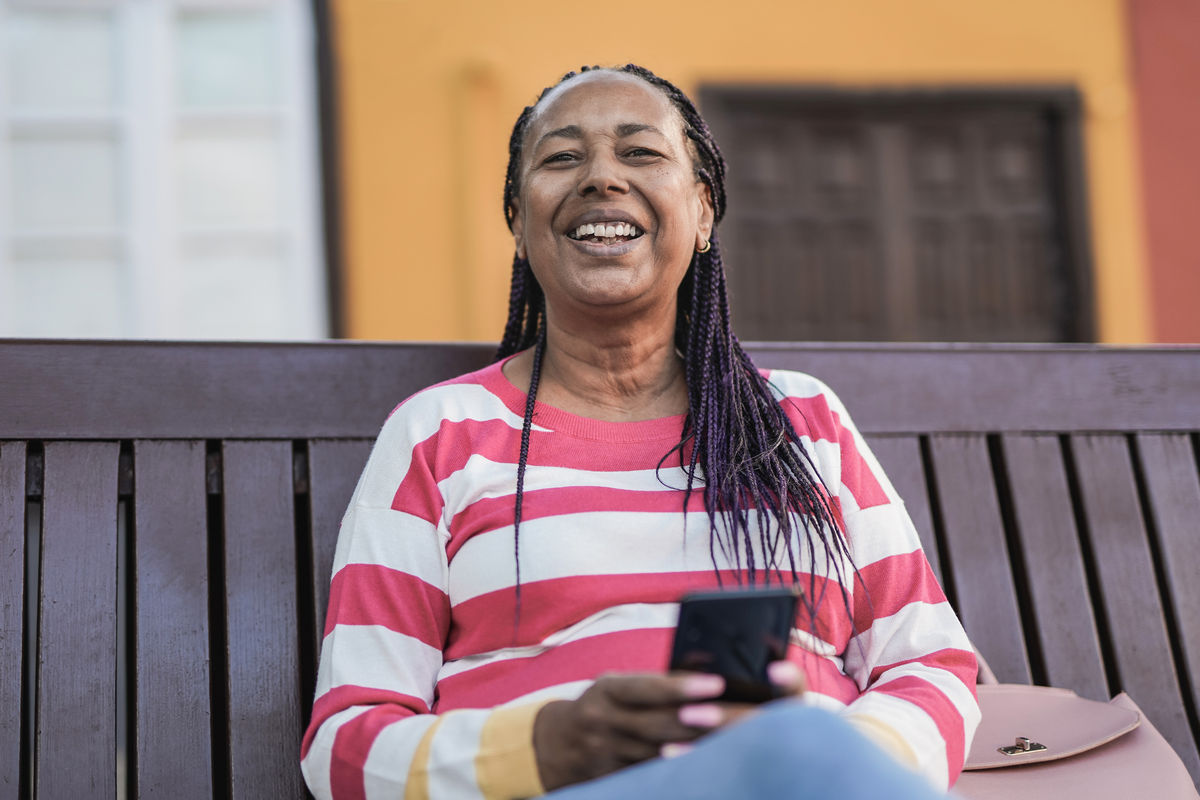
Mood Alterations and Forgetfulness
Though identifying depression in senior citizens is not easy, those who pay close attention to their parent or other loved one will be able to identify changes in outlook and demeanor that indicate depression. Money woes, health issues and the lack of friendships negatively influences mood. If your loved one is more irritable, lacks energy or no longer has interest in the activities he or she enjoyed in prior years, it is a sign of depression.
If you notice alterations in your loved one’s memory, an increase in forgetfulness or the mismanagement of medication, it is an indication of dementia. There is also a chance your family member is suffering from both depression and dementia at the same time.
Assistance from a home care provider will lift your loved one’s spirit, give him/her something to look forward to and also prevent a spiraling depression that leads to suicidal thoughts. Home care service also provides invaluable reminders pertaining to medication, ensuring your family member takes his or her medication at the scheduled times every single day without exception.
AmeriBest Home Care is Here to Help
If you recognize the signs detailed above that indicate your parent needs home care, contact our Philadelphia home care specialists today. You can reach our home care providers by phone at 1-800-HOMECARE or by email at info@ameribest.org
